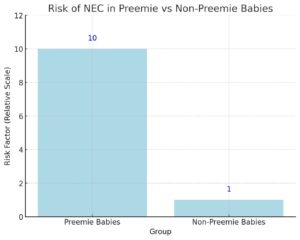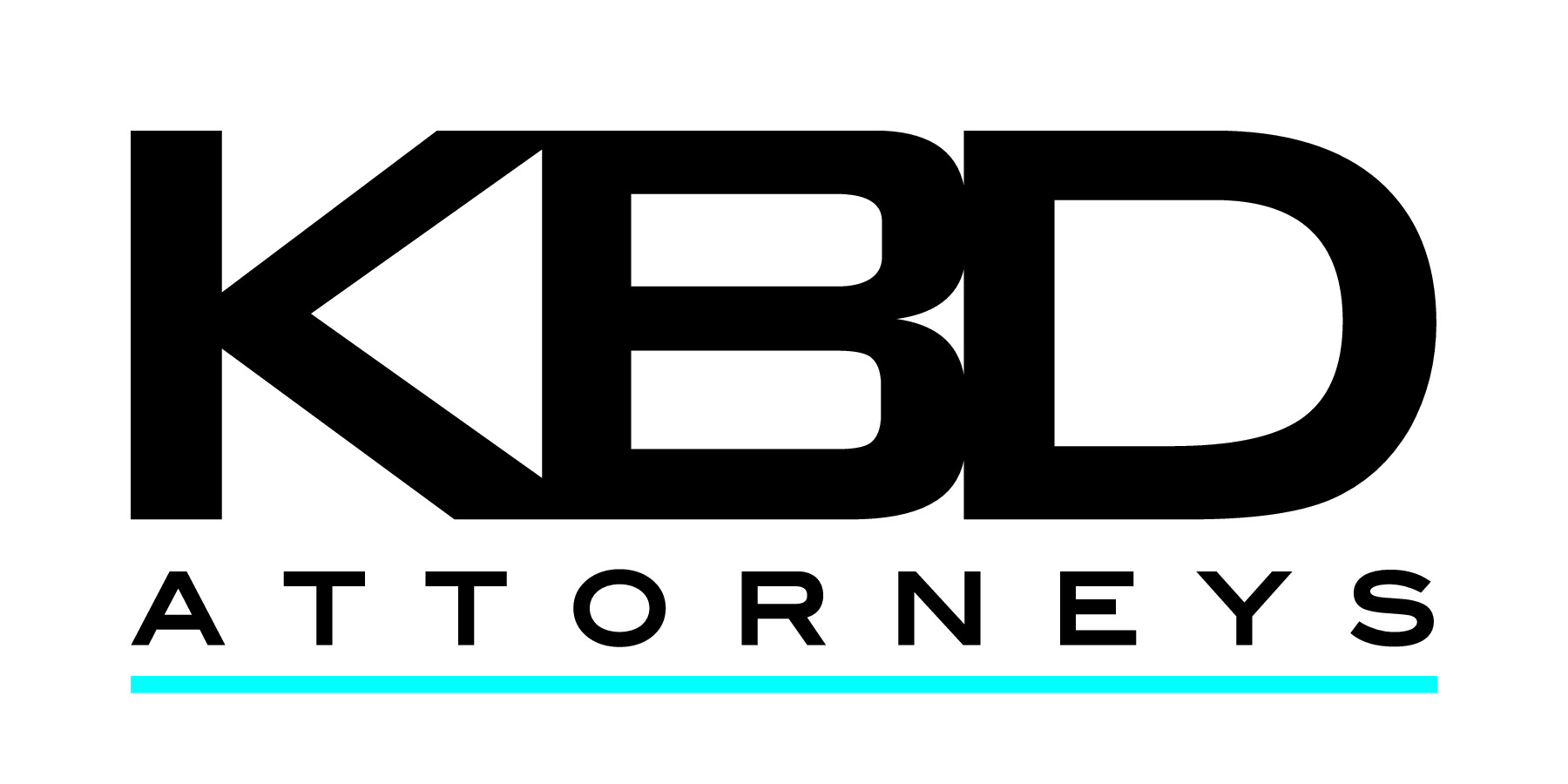Preemies Vulnerable to NEC and Baby Formula
Preemies Vulnerable to NEC and Baby Formula
Preemie parents often face unexpected challenges, especially when it comes to their baby’s fragile health. One significant concern that many parents of premature infants must be aware of is necrotizing enterocolitis (NEC). This is a serious intestinal disease that primarily affects premature babies. The condition can be life-threatening, particularly in infants who are fed cow’s milk-based formula instead of breast milk.
To help parents navigate these concerns, here are some insights into NEC and the role baby formula can play.
1. What is NEC?
Necrotizing enterocolitis (NEC) is a severe gastrointestinal condition that causes inflammation and bacterial invasion of the intestines. It can lead to the destruction of the intestinal tissue, perforation of the intestines, and in some cases, serious infections that can spread to the bloodstream. This condition usually occurs in preemies, particularly those born before 32 weeks of gestation, when their digestive systems are underdeveloped and more vulnerable.
2. Why Preemies Are More Vulnerable to NEC
Premature babies have underdeveloped immune systems and immature digestive tracts, which makes them more susceptible to the condition. Their intestines may struggle to process food effectively, which can lead to bacterial overgrowth and inflammation. Preemies often need specialized nutrition, and what they are fed can significantly impact their health.
The National Library of Medicine estimates that 90% of infants who develop NEC are born premature.
Here is a chart illustrating roughly what that looks like the .

Difference in risk for Premie Babies Vs. Non-Premie Babies
3. The Link Between Cow’s Milk-Based Formula and NEC
Studies have shown that preemies fed with cow’s milk-based formulas have a higher risk of developing the disease than those fed with breast milk. The proteins and other components in cow’s milk can be harder for a premature baby’s digestive system to process, leading to inflammation and bacterial overgrowth. Breast milk, on the other hand, contains antibodies and other protective components that can help prevent the condition.
4. Signs and Symptoms of NEC
Early recognition of NEC is crucial for prompt treatment. Some signs to watch for include:
– Abdominal swelling or bloating
– Vomiting, often green or yellow in color
– Lethargy or sluggishness
– Diarrhea, sometimes with blood
– Feeding intolerance (baby cannot tolerate milk or formula)
If you notice any of these symptoms, it’s essential to contact your doctor immediately for evaluation and treatment.
5. The Role of Breast Milk in Reducing NEC Risk
Breast milk, especially from the baby’s own mother, is the best nutritional option for premature infants because it contains nutrients, antibodies, and growth factors tailored to the baby’s needs. If breastfeeding isn’t possible, an alternative option is to use donor breast milk. Studies show that preemies fed with breast milk are significantly less likely to develop the disease compared to those given formula.
6. Legal Action for NEC Linked to Baby Formula
Unfortunately, many parents are unaware of the risks associated with cow’s milk-based formulas until their baby develops the illness. As awareness has grown, legal action has been taken against formula manufacturers for failing to provide adequate warnings about these risks. If your baby has developed the condition after being fed cow’s milk-based formula, you may be eligible to pursue legal claims for compensation. It’s essential to consult with an experienced attorney who can help you navigate the complexities of these cases.
Conclusion
For parents of premature infants, understanding the risks of Necrotizing enterocolitis and the importance of breast milk can be life-saving. While not every preemie will develop the condition, the use of cow’s milk-based formulas has been shown to significantly increase the risk. If your baby is at risk, discuss feeding options with your healthcare provider to ensure you make the best choice for your little one’s health. And if this affects your child, don’t hesitate to seek both medical and legal support to address the consequences.
KBD Attorneys can help families who NEC has affected. Contact us for a free consultation to discuss your options.
Your baby deserves the best care and protection possible, and staying informed is the first step in making the right decisions for their health.



